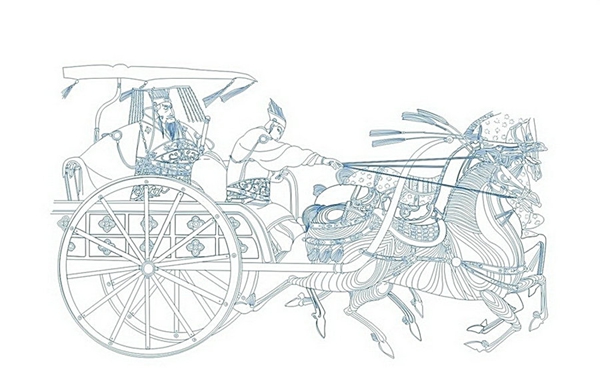24 Solar Terms: The Beginning of Winter
 0 Comment(s)
0 Comment(s) Print
Print E-mail China.org.cn, November 7, 2017
E-mail China.org.cn, November 7, 2017
The Beginning of Winter, or Lidong (Chinese: 立冬) reflects the changing of seasons, indicating that winter begins. It is the 19th solar term of the year and falls on Nov. 7 this year.
Weather:
 |
|
The Beginning of Winter, or Lidong (Chinese: 立冬) reflects the changing of seasons, indicating that winter begins. It is the 19th solar term of the year and falls on Nov. 7 this year. [File photo] |
Since China is a vast territory, the temperature difference between the north and south is great. Meteorologists defined winter as the period with an average temperature below 10℃ for five continuous days.
Lidong always falls in November. When it begins to snow in north China, and the average temperature in most areas of Qinghai-Tibetan Plateau, Inner Mongolia and Heilongjiang Province could be lower than -10℃, the southern part of the country is still quite warm, with an average temperature between 12℃ and 15℃. The temperature difference between the northernmost city and the southernmost city could be more than 30℃.
When snow appears in north China, it mainly rains in the south. For instance, the rainfall in Sichuan Basin, southern Guizhou and southwestern Yunnan could reach 50mm or more. Yunan Province is warm in sunny days and cold in rainy days, as an old saying goes, "It's like spring all the year round, but turns to winter once rain comes."
Festival:
 |
|
[File photo] |
Lidong was an important festival in ancient China, when the emperor led his civil and military officials to offer sacrifices to heaven in the northern suburb of the capital. In modern days, to celebrate the festival, some people choose to have swimming competitions in the icy rivers found in bitterly cold places like Harbin in Heilongjiang Province.
Custom:
|
|
|
[File photo] |
China was a farming country in the past, so people would have a break on the day of Lidong after a busy year, cooking delicious food as a reward. Chinese people now still keep this custom of eating delicious food, especially high-energy food, on Lidong. In south China, chicken, duck, fish and other meats are people's first choice; in north China, especially in Beijing and Tianjin, people would like to have Jiaozi (Dumpling), signifying the change of seasons.
According to tradition, people begin to eat more high-calorie food like beef, lamb, fish and black-bone chicken. Of course, fresh vegetables, tofu and food containing vitamins are still necessary.








Go to Forum >>0 Comment(s)